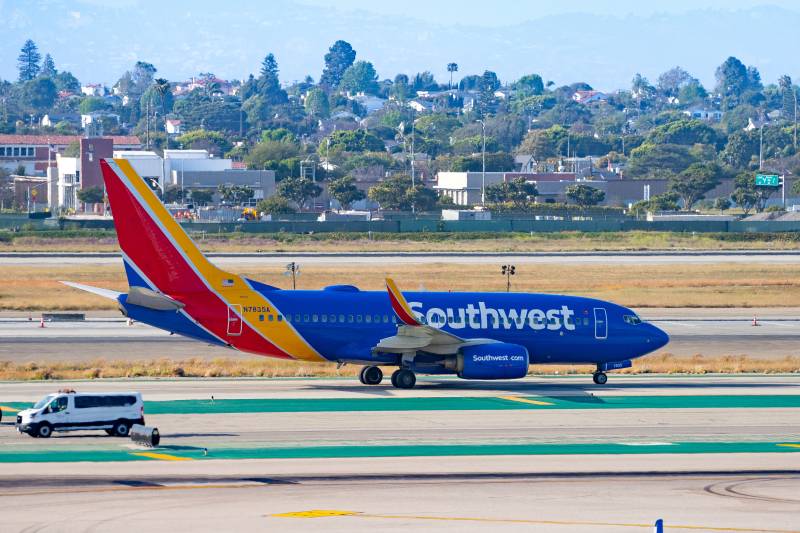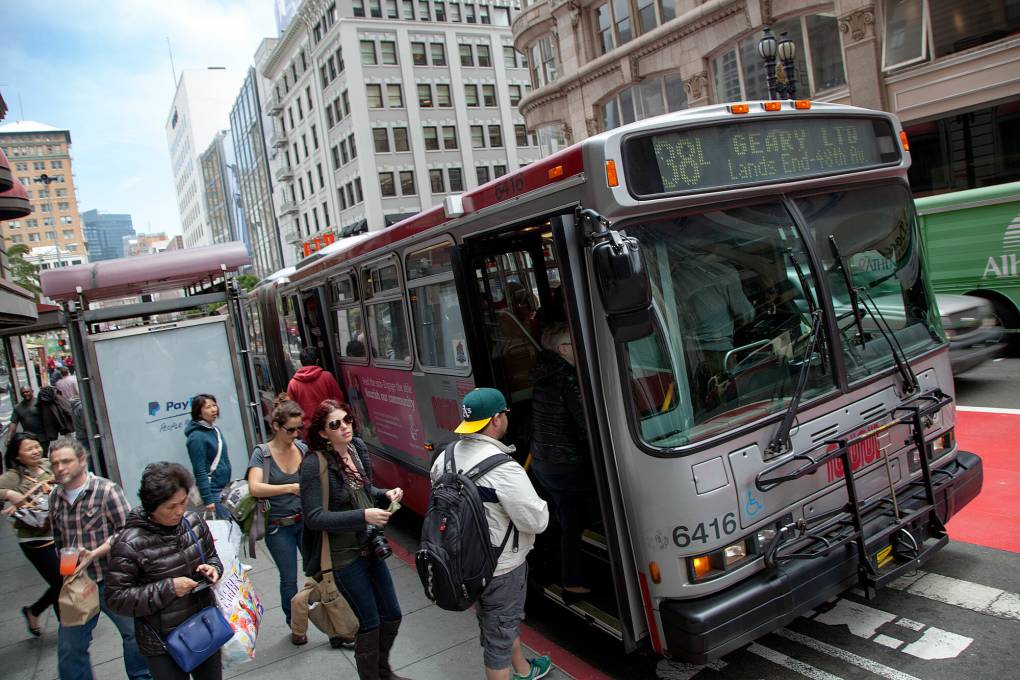Southwest said its open seating is cited as the number one reason customers switch airlines.
“The research is clear and indicates that 80% of Southwest Customers, and 86% of potential Customers, prefer an assigned seat,” the company said in a statement. “By moving to an assigned seating model, Southwest expects to broaden its appeal and attract more flying from its current and future Customers.”
The changes to Southwest’s boarding model and charging for premium seating align it with other major airlines, such as American and United, where such charges are standard.
Clint Henderson, managing editor for travel website The Points Guy, said the airline is making the right move to meet changing demands.
“A lot of consumers coming out of COVID decided to splurge on travel, and they’ve been buying upgraded seats, first class seats, extra legroom seats, early boarding … and the major airlines have gotten really good at segmenting cabins and making profits on all these peoples’ tastes of luxury. So Southwest wants a piece of that,” he said. “Southwest has been struggling financially; this is their bid to get some of that premium traveler traffic, and I think it’s going to work.”
He added that although the shift could alienate some longtime Southwest fliers, the airline is keeping its free checked bags policy, which he called its strongest differentiator.
Southwest is creating a new executive vice president of commercial transformation role to facilitate the new changes, tapping Ryan Green, who currently leads the company’s work on cabin transformation and previously worked on its loyalty program.
The changes come after activist investors with Elliot Investment Management took out a $1.9 billion stake in Southwest in early June, calling for strategy and management changes to rejuvenate the company.
Pressure on Southwest is also coming from the Federal Aviation Administration, which announced on Tuesday that it is placing the airline under a heightened safety review after a string of near-miss collisions over the last few months. That includes close calls in flights over New York, Hawaii, Oklahoma, and most recently, an extremely low descent in Tampa.


